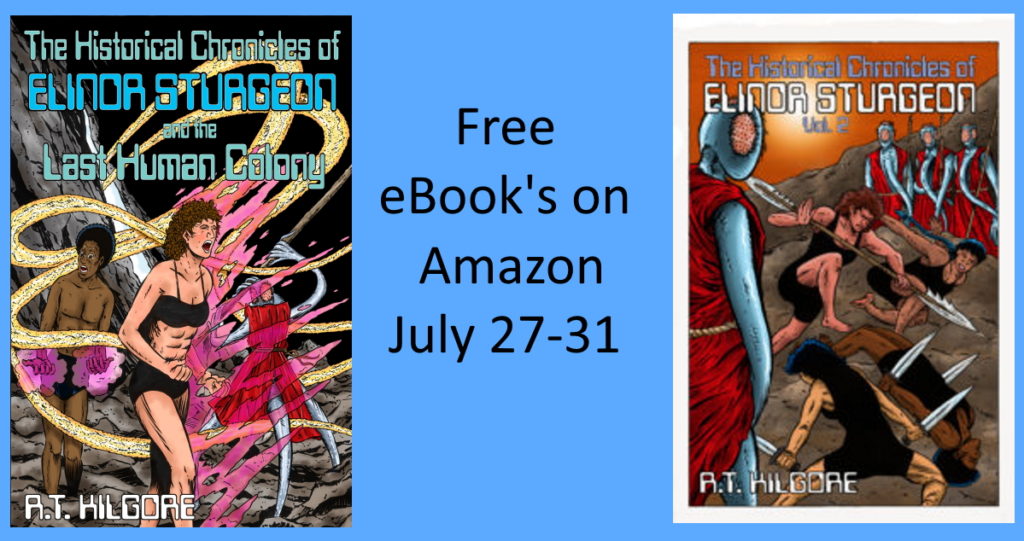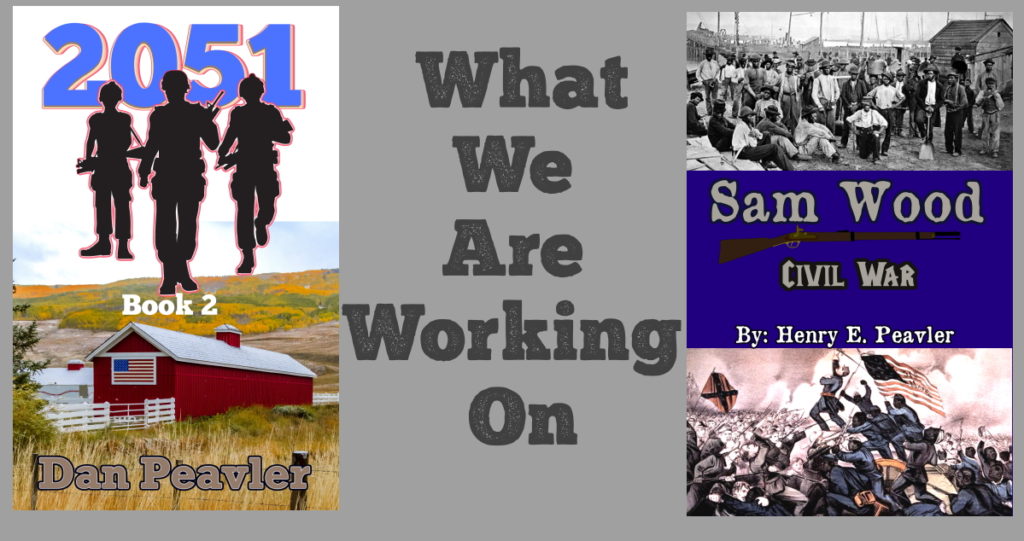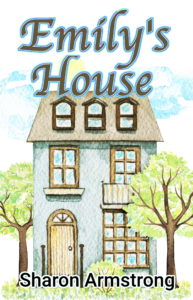Released June 28, 2021
Emily Parks is a newcomer to the small town of Mountain Grove, Virginia, where she lives with her alcoholic mother, father, and grandmother. When she has a problem at school she learns the townspeople she has met are willing to step in and help her. They give her advice, support, and something she has never received before…love. With their help, Emily begins to plan for the life she wants and a way to escape from the world her parents have created. When Emily’s parents leave her in the middle of the night, she must make some quick decisions. Her unusual solution takes everyone in the village by surprise.
Meet the often quirky people of Mountain Grove and join Emily and her friends as they find their way in this confusing and often unfair world.
As a therapist, I have seen how kids need a village of helpers. The entertaining cast of characters keeps the reader engaged, feeling the love they have for Emily and learning the lessons alongside her. Emily’s House offers hope and insight on how to create a better life for yourself, regardless of the hand you’ve been dealt.
~Tami Olesen, Licensed Clinical Social Worker
This book is a must-read for those that have lost hope, question God, or believe that life can’t be different. Sharon’s words and interwoven life teachings cause you to be excited about the idea that things never have to stay the way they began, and how the power of your choice can give you the feeling of belonging you need, and the future you choose.
~ Tara Rudolph, Life Coach and Founder of She Shifts Culture
Stories Through The Ages Baby Boomers Plus 2021
Judging is complete! All authors have been notified of the results. Once we have all of the contracts in we will announce the winners.


To be released September 14, 2021
2051 – Book 2 The second installment of Dan Peavler’s futuristic novel. Join the Lisco family as they work to protect their family and the country against foreign powers that have invaded American soil.
Sam Wood Civil War Book 3 The third book in Henry Peavler’s series about Sam Wood and his work to end slavery.
What is Literature? by Henry Peavler
When I enter a large bookstore, I inevitably seek out the section they call ‘Literature’. This is where they keep the ‘good’ books, at least in my mind. I was thinking about it the other day. What criterion do they use to determine which books go in that section? I mean, aren’t all books ‘Literature’?
I understand there must be some categorization for marketing purposes; Business section, Science Fiction section, Biographies, Fiction, Drama, and my favorite Romance. I get the feeling that Romance can’t be Literature, at least by implication. Yet, I consider Jane Eyre a wonderful romance novel, also a true example of what I consider classic literature. The romance novel has become a huge commercial success, catering to a very specific group of readers who enjoy that sort of ‘literature’. I have studied the career of Nora Roberts, who also writes under the pseudonym, J. D. Robb solely because I heard that she writes eight hours a day, every day. How is that even possible? Yet, that is what she claims to do. Her output is prodigious, hundreds of books in several different genres under several different names; movies, dramas, screenplays, what a tremendous success. I bought her first novel, Irish Thoroughbred, (as an aside, I think the hero was guilty of sexual harassment, even in 1981) and enjoyed it in the same way I enjoy one of Lee Child’s Jack Reacher novels. Solely as an escape. I consider these author’s excellent story tellers and there are many out there today, hundreds, maybe thousands of them, all seemingly successful, at least I see their titles in bookstores; seems like a new title every month. They must write eight hours a day just like Nora.
But is it ‘literature’ in the sense of being a classic, one that will stand the test of time? Will it last as long as Don Quixote (1615), Gulliver’s Travels (1726), Pride and Prejudice (1813), Jane Eyre (1847), David Copperfield (1850), The Adventures of Huckleberry Finn (1887); I could go on and on. These novels I consider classic literature. Of course, it was easier back then in the sense there were fewer books to choose from. The population was becoming more and more literate and the demand for the written word was growing exponentially. Today, I believe the opposite is true, fewer people reading and an explosion of the written word. Something like 1,000,000 new books are published each year in the United States alone.
Are all of these books’ ‘literature’? I suppose that in the grand scheme of things, using a very broad definition, then any book written is literature. I choose to narrow the definition to classic literature meaning only those books that stand the test of time. I want to explore some novels that I consider classics during the coming months. If any of you are interested, please send a list of those books that you consider classic literature; even give your definition of what classic literature is. I love working with true readers.

